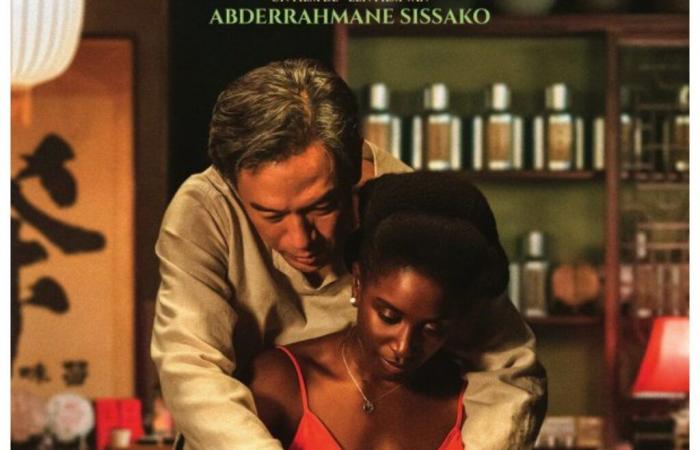In his fifth feature film, “Black Tea”, Abderrahmane Sissako explores the fragile love between an African woman and a Taiwanese man with great delicacy. The film avoids fantasy and exoticism in recounting this improbable union. Sissako, true to his style, films the passage of time more than the characters or landscapes, creating a unique visual experience. “Black Tea” uses the ritual of tea to impose a peaceful rhythm on the narrative.
The gaze plays a crucial role in Sissako’s cinema, as in “Heremakono”. This narrative choice favors a sobriety of dialogue and an emotional intensity amplified by the use of silences and intimate chiaroscuros. The film questions the nature of love and illusion, leaving doubt about the reality of the events shown.
Aya’s story begins with a refusal to marry in Ivory Coast, pushing her to settle in China. There, she works for Cai, her new boss, and a romantic relationship is born in a discreet atmosphere. The film weaves the journeys of Aya, Cai, and other characters, intertwined in a story rich in questions of identity.
Through Aya and Cai, Sissako explores the challenges of love across cultural and racial differences. The film cites distrust and racism, while sketching a mixed future. The ending, open, invites various interpretations, and “Black Tea” positions itself as a work advocating a new humanism, supported by the music of Armand Amar.






